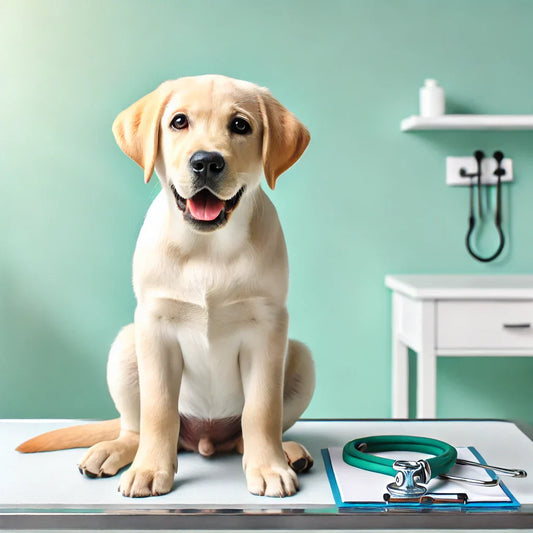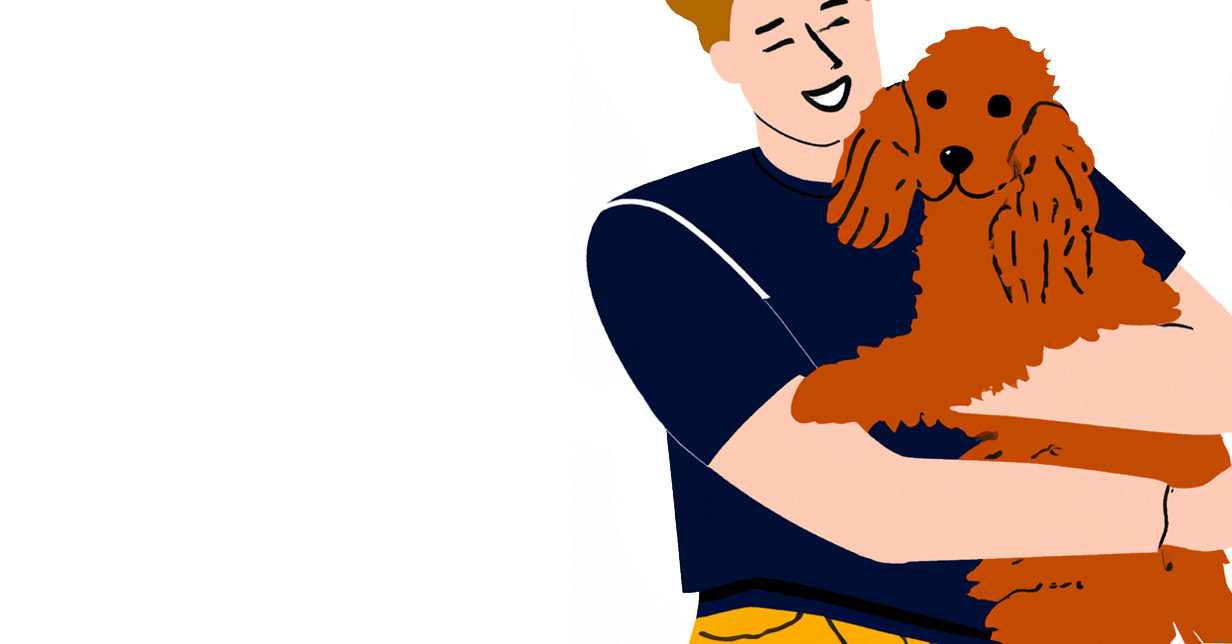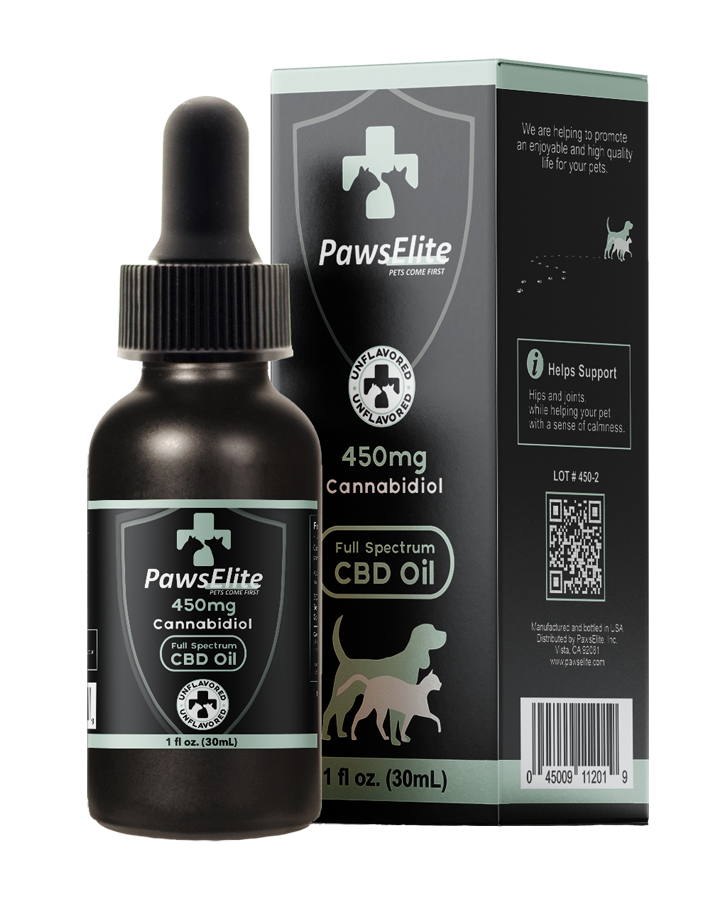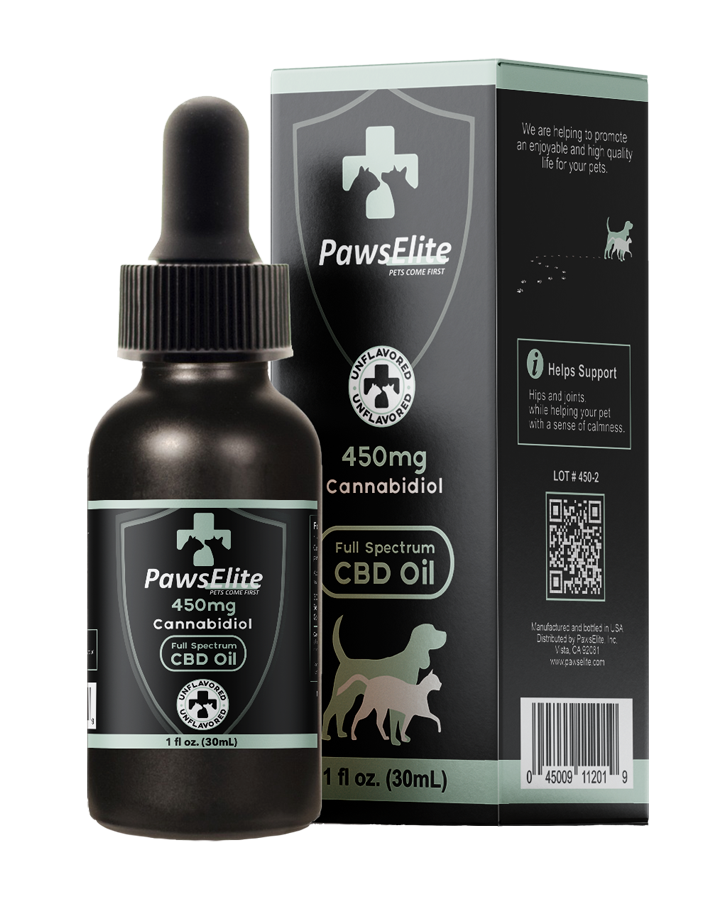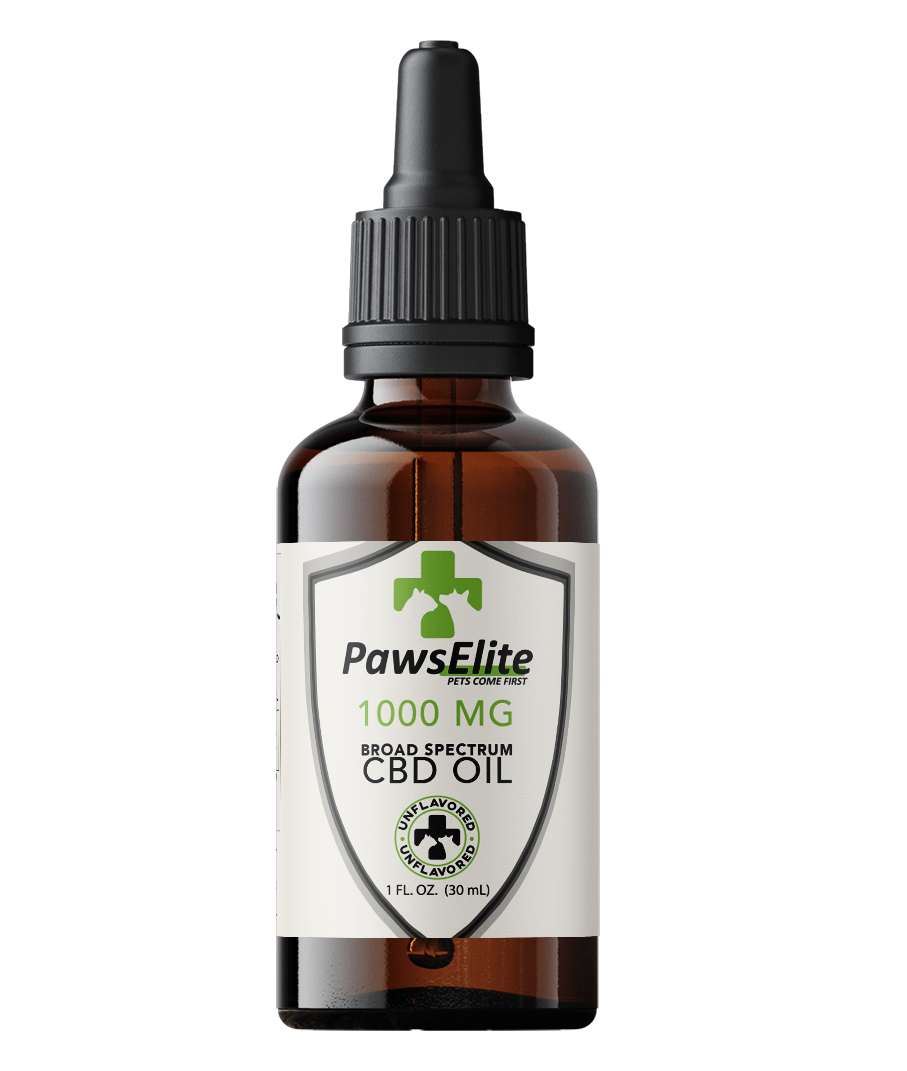
How Often Should You Wash Your Dog’s Bowl? The Surprising Truth Every Pet Owner Needs to Know
Share
Let’s be honest: as pet parents, we’re often so focused on keeping our furry friends happy and healthy that we overlook the little things—like their food and water bowls. Sure, you fill them up every day, but when was the last time you gave them a proper scrub? If you’re wondering, “How often should I wash my dog’s bowl?” you’re not alone. And the answer might surprise you.
Why Cleaning Your Dog’s Bowl Matters
You wouldn’t eat off the same plate every day without washing it, right? Well, your dog shouldn’t either. Dirty bowls can harbor harmful bacteria like Salmonella and E. coli, which can make your pup sick—and even pose a risk to you and your family. Plus, leftover food residue can attract pests like ants and flies, turning your dog’s mealtime into a health hazard.
So, How Often Should You Wash It?
According to experts, including the American Kennel Club (AKC) and veterinary professionals, you should wash your dog’s food and water bowls daily. Yes, daily! Here’s why:
-
Food Bowls: Leftover kibble or wet food can quickly become a breeding ground for bacteria. Even if your dog licks the bowl clean, microscopic food particles can remain.
-
Water Bowls: Stagnant water can develop a slimy biofilm—a layer of bacteria and mold—that’s not only gross but also harmful to your dog’s health.
If daily washing sounds like a lot, don’t worry. It doesn’t have to be a deep clean every time. A quick rinse with hot, soapy water is often enough to keep things sanitary. But at least once a week, give the bowls a thorough scrub and sanitize them to kill any lingering germs.
How to Clean Your Dog’s Bowls the Right Way
-
Daily Maintenance:
-
Rinse the bowls with hot water to remove food debris.
-
Use dish soap and a sponge or brush to scrub the bowls.
-
Rinse thoroughly to ensure no soap residue remains.
-
-
Weekly Deep Clean:
-
Soak the bowls in a mixture of hot water and vinegar or a pet-safe disinfectant for 10-15 minutes.
-
Scrub with a brush to remove any stubborn grime or biofilm.
-
Rinse well and let the bowls air dry to prevent bacteria growth.
-
-
Pro Tip: If your dog’s bowls are dishwasher-safe, toss them in on the top rack for an easy, thorough clean. Just make sure to use a pet-safe detergent.
What About Water Bowls?
Water bowls need extra attention because they’re constantly exposed to moisture, which accelerates bacterial growth. In addition to daily washing, consider these tips:
-
Refill your dog’s water bowl with fresh water at least once a day.
-
If you notice slime or a funky smell, clean the bowl immediately.
-
Stainless steel or ceramic bowls are easier to clean and less likely to harbor bacteria than plastic ones.
The Consequences of Skipping the Scrub
Neglecting your dog’s bowls can lead to more than just a messy kitchen. It can result in:
-
Health Risks: Bacteria buildup can cause gastrointestinal issues, infections, or even more serious illnesses.
-
Unwanted Pests: Dirty bowls can attract ants, flies, and other critters.
-
Bad Habits: Dogs are creatures of habit, and a dirty bowl might discourage them from eating or drinking enough.
A Quick Checklist for Dog Bowl Hygiene
To make it easy, here’s a simple checklist to keep your dog’s bowls clean and safe:
-
Wash food and water bowls daily with hot, soapy water.
-
Deep clean and sanitize bowls weekly.
-
Replace old or damaged bowls (cracks and scratches can harbor bacteria).
-
Opt for stainless steel or ceramic bowls over plastic.
-
Keep an eye out for slime, odors, or pests.
Final Thoughts: A Little Effort Goes a Long Way
Washing your dog’s bowls might seem like a small task, but it’s one of the easiest ways to keep your pup healthy and happy. Plus, it only takes a few minutes out of your day. So, the next time you fill up your dog’s bowl, take a moment to give it a quick clean. Your furry friend will thank you—and you’ll have peace of mind knowing you’re doing your part to keep them safe.




